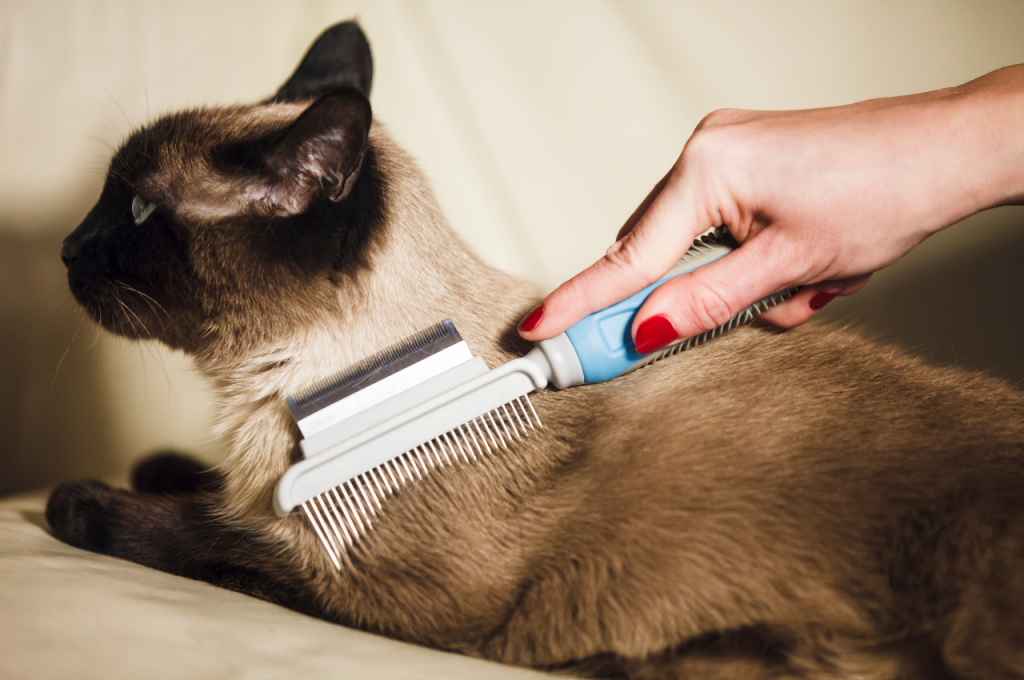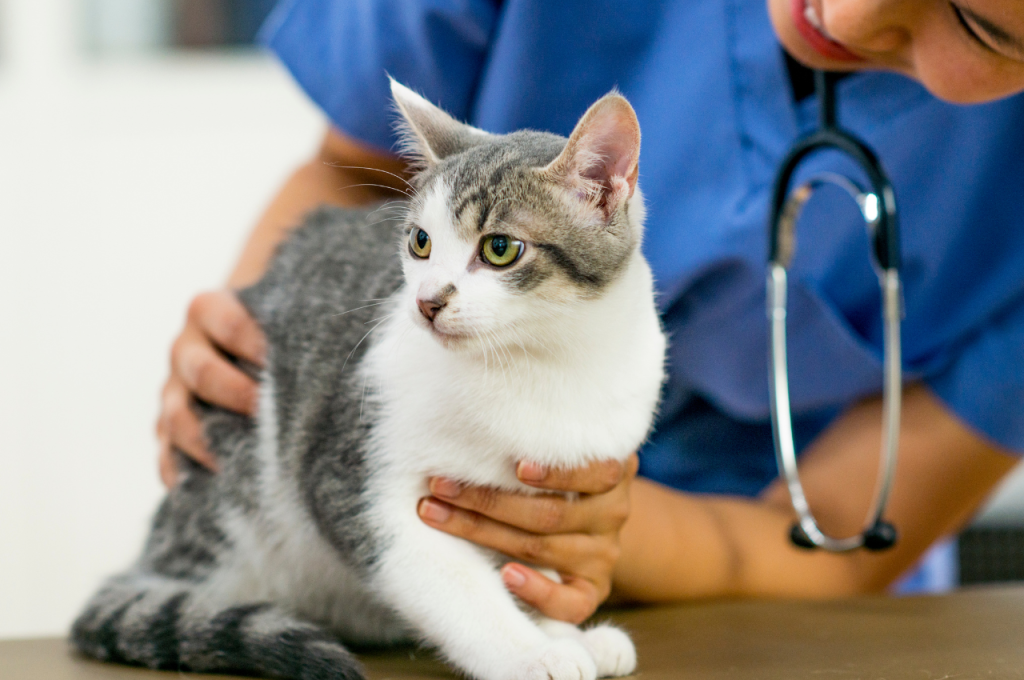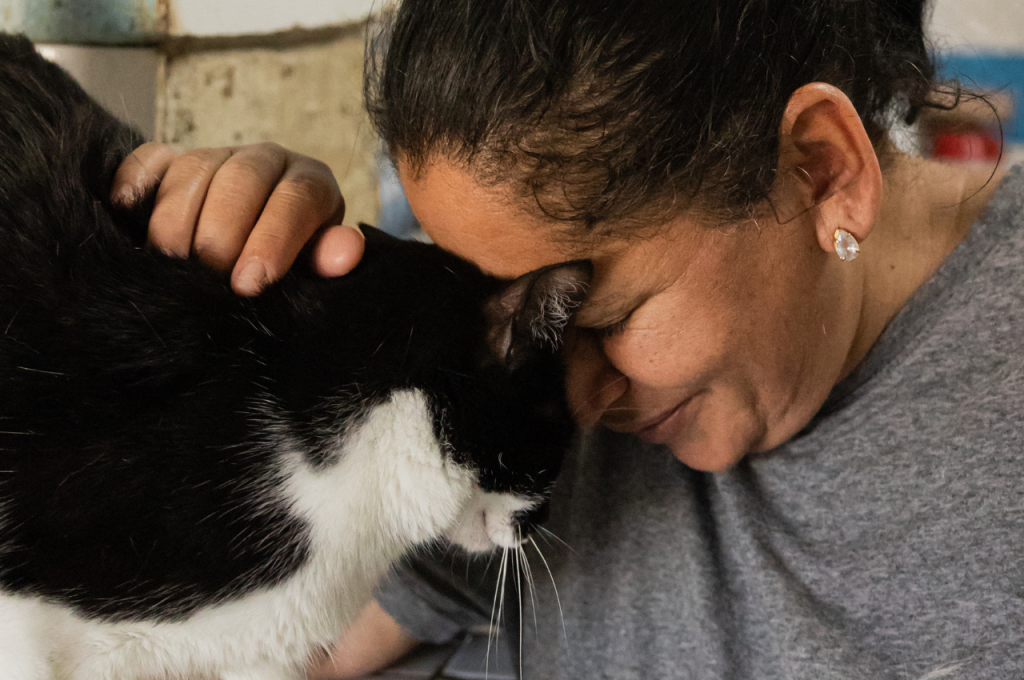Cats require basic care needs such as proper nutrition, grooming, exercise, and regular veterinary check-ups. Providing these essentials is crucial for their overall health and well-being.
A well-cared-for cat can live a long and happy life as a beloved companion. Proper nutrition is essential for cats, and they require a balanced diet rich in protein and vitamins. Grooming is also important to prevent matting, hairballs, and skin irritations.
Exercise helps maintain their physical and mental health, and regular veterinary check-ups ensure they are up-to-date on vaccinations and prevent any potential health issues. As a responsible cat owner, it’s essential to fulfill these basic care needs to ensure a happy and healthy life for your feline friend.
Introduction To Cat Care Essentials
Discover the essential care needs of a cat, including proper nutrition, regular grooming, and veterinary check-ups. Providing a safe environment, interactive playtime, and love and attention are vital for a cat’s well-being.

Taking care of a cat may seem like a simple task, but it requires a lot of responsibility and attention. A happy and healthy cat is a result of proper care and attention to its basic needs. As a cat owner, it’s your responsibility to ensure that your feline friend is well taken care of. In this blog post, we will discuss the key components of feline well-being and how to set the right expectations to ensure that your cat gets the best care possible.
Key Components Of Feline Well-being
To ensure that your cat stays healthy and happy, you must provide for its basic needs. These include:
- Proper Nutrition: A balanced diet is essential for your cat’s overall health. Ensure that your cat’s food is rich in protein and other essential nutrients.
- Hydration: Adequate hydration is essential for your cat’s health. Ensure that your cat has access to fresh and clean water at all times.
- Exercise: Regular exercise is vital for your cat’s physical and mental health. Provide your cat with toys and playtime to keep them active and engaged.
- Regular Check-ups: Regular visits to the vet are crucial for your cat’s health. Take your cat for regular check-ups, vaccinations, and preventive care.
- Clean Environment: A clean and hygienic environment is essential for your cat’s health. Ensure that your cat’s litter box is clean and that its living space is free from any hazards.
Setting The Right Expectations
It’s essential to set the right expectations when it comes to caring for your cat. Here are some tips to help you do so:
- Understand your cat’s behavior and needs: Every cat is unique, and it’s essential to understand your cat’s behavior and needs to provide the best care possible.
- Be consistent: Consistency is key when it comes to caring for your cat. Stick to a routine when it comes to feeding, playtime, and other activities.
- Be patient: Cats can be independent and stubborn at times, so it’s essential to be patient when caring for them.
- Provide a safe and comfortable environment: Cats thrive in a safe and comfortable environment. Ensure that your cat has a designated space to sleep, play, and relax.
- Seek professional help when needed: If you’re unsure about your cat’s health or behavior, seek help from a professional.
In conclusion, caring for a cat requires attention and responsibility. By providing for its basic needs and setting the right expectations, you can ensure that your feline friend stays happy and healthy. Remember to be patient, and consistent, and seek professional help when needed.
Feeding Your Feline Friend
Choosing The Right Diet
Cats are obligate carnivores, so their diet should consist primarily of meat. High-quality commercial cat food, whether dry or wet, should be nutritionally balanced and approved by veterinarians to ensure it meets all your feline friend’s dietary requirements. Avoid feeding your cat dog food, as it lacks the essential nutrients that cats need.
Understanding Feeding Schedules
Establish a regular feeding schedule for your cat to maintain their digestive health and prevent obesity. Split their daily portion into several small meals to mimic their natural hunting and feeding patterns. This helps to keep their metabolism in check and prevents overeating, which can lead to weight-related health issues.
Importance Of Fresh Water
Ensure your cat has access to fresh water at all times. Keep their water bowl clean and refill it regularly to encourage proper hydration. Cats are prone to urinary tract issues, and staying well-hydrated can help prevent these problems.
Creating A Safe And Comfortable Environment
Cats thrive in an environment that is safe, comfortable, and stress-free. By creating an ideal space for your feline friend, you can ensure they lead a happy and healthy life. From providing suitable sleeping arrangements to offering secure indoor and outdoor spaces, the key to a cat’s well-being lies in the environment you create for them.
Ideal Sleeping Arrangements
Cats love to have their own cozy space for napping and resting. Providing a comfortable bed or a soft blanket in a quiet corner of your home can make your cat feel secure and relaxed. Placing the bed away from noisy areas and ensuring it is warm and draft-free can help your feline friend get the quality sleep they need.
Safe Indoor And Outdoor Spaces
Creating a safe environment for your cat involves both indoor and outdoor spaces. Indoors, ensure that there are no toxic plants or small objects that your cat could ingest. For outdoor spaces, consider installing a secure enclosure where your cat can safely enjoy the fresh air without being exposed to potential dangers such as traffic or other animals.
The Significance Of A Stress-free Environment
A stress-free environment is crucial for a cat’s overall well-being. Minimize loud noises and sudden movements to keep your cat calm. Providing hiding spots and vertical spaces like cat trees can also help them feel secure. Additionally, maintaining a consistent daily routine can reduce stress and anxiety for your feline companion.
Healthcare Basics For Cats
Cats require basic care to thrive, including regular feeding, clean water, and a safe environment. Grooming, litter box maintenance, and regular veterinary check-ups are essential for their well-being. Providing love and attention also contributes to their overall health and happiness.

Regular Veterinary Visits
Cats, like humans, require regular healthcare to ensure their overall well-being. Regular veterinary visits are crucial for maintaining a cat’s health. These visits allow the vet to assess the cat’s current state and identify any potential health issues. During these appointments, the vet will perform a thorough physical examination, check vital signs, and may recommend additional tests or procedures if necessary.
Vaccinations And Preventive Care
Vaccinations play a vital role in preventing various diseases in cats. It is essential to follow the recommended vaccination schedule provided by your veterinarian. Vaccines protect against common feline diseases such as feline distemper, rabies, and feline leukemia virus. These vaccinations not only safeguard your cat’s health but also prevent the spread of contagious diseases. In addition to vaccinations, preventive care measures are crucial for maintaining your cat’s well-being.
Regular flea and tick prevention, as well as deworming treatments, should be administered as recommended by your vet. These measures help protect your cat from external parasites and internal worms that can cause discomfort and potential health issues.
Recognizing Signs Of Illness
As a responsible cat owner, it is important to be vigilant and observant when it comes to your cat’s health. Cats are masters at hiding signs of illness, so it’s crucial to be familiar with the common signs of illness in felines. Keep an eye out for changes in appetite, water intake, litter box habits, behavior, or physical appearance. Some common signs of illness in cats include lethargy, loss of appetite, vomiting, diarrhea, excessive thirst, coughing, sneezing, or difficulty breathing. If you notice any of these signs, it’s important to consult your veterinarian promptly. Early detection and treatment of illnesses can greatly improve your cat’s chances of recovery.
By prioritizing regular veterinary visits, vaccinations, preventive care, and being vigilant for signs of illness, you can ensure that your feline companion receives the necessary healthcare to live a healthy and happy life. Remember, your veterinarian is your best resource for guidance and advice regarding your cat’s healthcare needs.
Grooming And Hygiene
When it comes to the health and well-being of your feline friend, grooming and hygiene play a crucial role. Cats are known for being meticulous self-groomers, but they still need some assistance from their human companions to ensure they stay clean and healthy. From routine grooming tasks to dental care essentials and litter box maintenance, here’s a look at the basic care needs of a cat in terms of grooming and hygiene.
Routine Grooming Tasks
Cats require regular grooming to maintain healthy skin and coat. Brushing your cat helps remove loose fur, prevents matting, and reduces hairballs. Long-haired cats may need daily brushing, while short-haired cats may benefit from brushing a few times a week. Nail trimming is also important to prevent overgrowth and potential injury. Additionally, ear cleaning should be included in the grooming routine to remove wax and debris.
Dental Care Essentials
Dental hygiene is vital for a cat’s overall health. Regular brushing of the teeth with feline-specific toothpaste helps prevent dental issues and maintain fresh breath. Dental treats and toys can also aid in keeping your cat’s teeth clean and healthy.
Litter Box Maintenance
Clean and maintain the litter box regularly to ensure your cat’s hygiene. Scoop the box at least once a day, completely change the litter, and clean the box once a week. Choose a suitable location for the litter box to provide your cat with privacy and encourage regular use.
Behavior And Training
- Cats have unique behaviors that are important to understand.
- Observe body language and vocal cues to comprehend their needs.
- Use positive reinforcement like treats to train your cat effectively.
- Teach commands like sit, stay, and come for better communication.
- Address litter box problems promptly to avoid accidents.
- Combat scratching by providing scratching posts and deterrents.
- Manage aggression by identifying triggers and seeking professional help if needed.
Exercise And Play
Cats are active animals and require regular exercise and play to maintain their physical and mental well-being.

Benefits Of Regular Play
- Promotes healthy weight management
- Prevents boredom and destructive behavior
- Strengthens bond between cat and owner
Suitable Toys And Activities
Interactive toys and activities that mimic hunting are ideal for engaging a cat’s natural instincts.
Interactive Play Sessions
- Use feather wands for active play
- Rotate toys to keep interest
- Provide puzzle feeders for mental stimulation
Bonding With Your Cat
- Be patient and consistent in your interactions with your cat.
- Show love and care to develop a strong bond.
- Consistency and patience are key to building trust.
- Regular positive interactions help strengthen your bond.
- Observe your cat’s body language to understand boundaries.
- Respect their space and preferences for a harmonious relationship.
Conclusion
Ensuring your cat’s basic care needs are met is crucial for their well-being. By providing proper nutrition, grooming, and regular vet visits, you can keep your feline companion healthy and happy. Remember, love and attention are just as essential as meeting their physical requirements.
